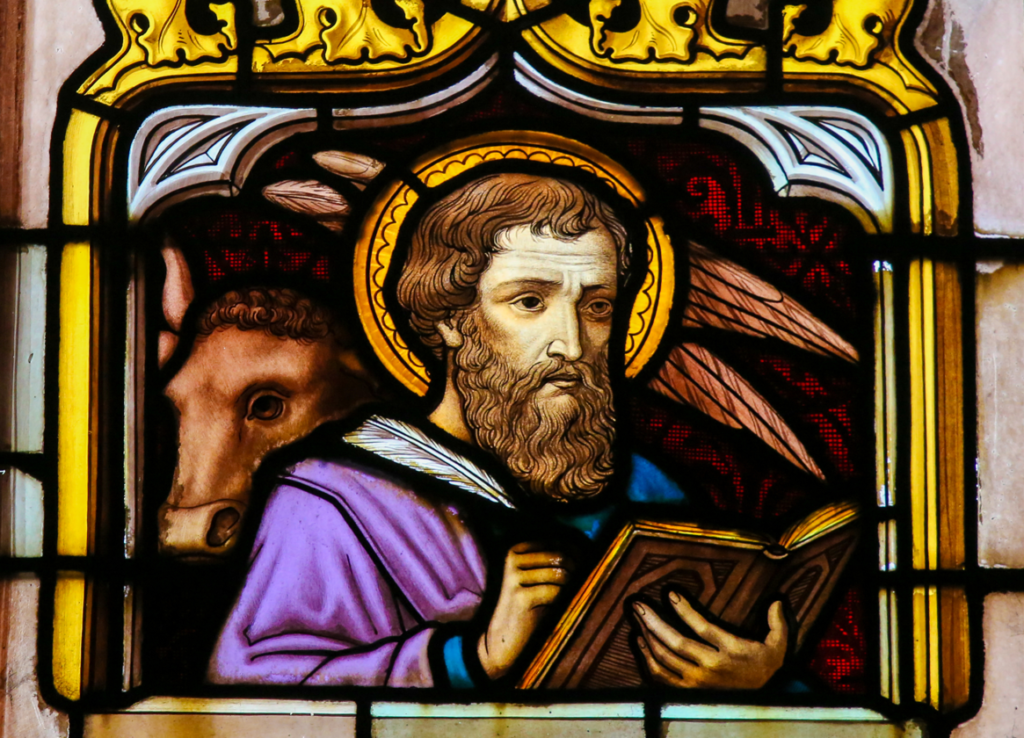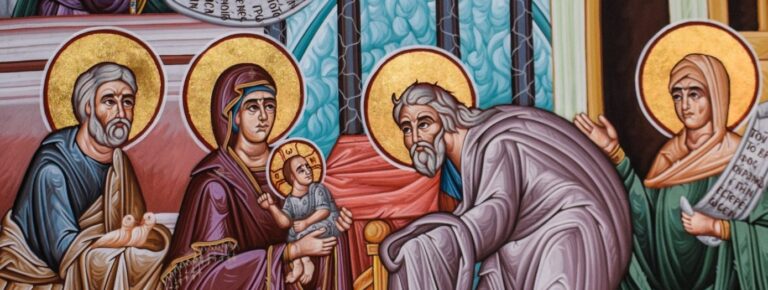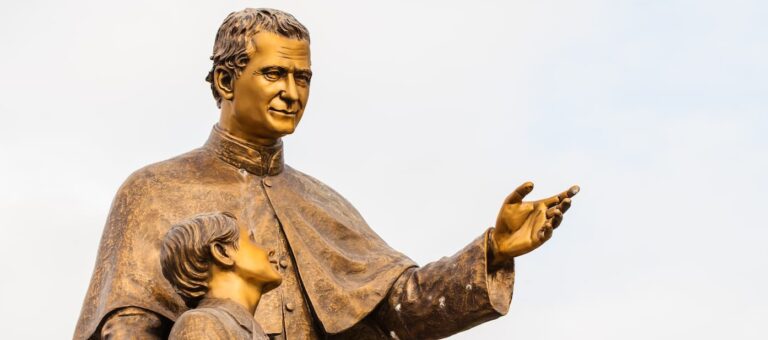
ST. LUKE THE EVANGELIST: A TESTAMENT OF FAITH AND COMPASSION

What the world needs now is deep compassion. Religious faith is too often used to condemn, harm and judge others. In the name of faith, families exclude and cause great harm to members who identify as sexually or gender non-conforming. Women in the Church are too often treated as less important than men. Those who live in complexity with Church teachings are too frequently judged for their participation in the Church’s life. Many experience a direct dis-invitation to participate in the life of their parishes. These are among many injustices that are perpetrated in the name of faithfulness to the teachings of Jesus. Yet, where do we find a much more compassionate presentation of Jesus? The answer is: St. Luke’s gospel.
Born in Antioch, Syria, around the first century CE, Luke was not one of the original disciples of Jesus. Initially, he pursued a career as a physician, demonstrating his deep commitment to healing and caring for others. When he encountered the teachings of Jesus, he experienced a spiritual transformation. Inspired by the compassion of Jesus, Luke abandoned his medical profession and dedicated himself to spreading the Gospel. As a physician and compassionate healer himself, Luke presents the humanity and compassion of Jesus Christ. He emphasizes Jesus’ interactions with women, the marginalized and the outcasts, offering a message of inclusion and love.
In ancient Greek language, the original language of the Gospels, the word splagchnizomai (σπλαγχνίζομαι) is often used to describe Jesus’ emotional response to each woman, marginalized person and outcast person he encountered. It is translated into English as “compassion,” meaning “to suffer with.” The original Greek word connotes “to be moved as to one’s bowels for the bowels were thought to be the seat of love and pity.” In short, when Jesus encountered those subjugated, disposed, mal-treated and oppressed, his stomach literally wrenched in pain. His desire to bring healing and wholeness ached in him.
In each of these encounters, it is clear that the faith of the person encountered was transformative, and a necessary part of the miracle performed. Through an encounter with the compassionate healer, Jesus, each person was invited to enter into a faith that transforms, allows for growth, and ultimately brings each of us toward wholeness as children of God. This is echoed in the words of Pope Francis who reminds us that the Church is not a chapel for the self-righteous few, but a “field hospital” for those who are injured and in need of compassion and healing (basically each one of us).
So, St. Luke offers us a portrait of Jesus as a compassionate healer. Whereas, sanctimonious faith judges, excludes, oppresses and condemns others, compassionate faith is welcoming, inclusive and it provides a sanctuary for all of us who need healing and hope. May the compassionate Jesus of St. Luke’s gospel enter our hearts, so that our guts may wrench with the desire to provide sanctuary, not aspersion, to all those who need a safe space to encounter transformative faith.
Michael Way Skinner is a retired Coordinator of Religion, Family Life and Equity
with the York Catholic District School Board. He was a contributing author to World
Religions: A Canadian Catholic Perspective, and co-authored There Must be a Pony in Here Somewhere (Novalis, 2020) with his wife, Christine Way Skinner. Michael is a public speaker and award-winning educator who is deeply committed to faith as a source for inclusion and justice.



I totally agree ! Furthermore thank you for inspiring,enlightening, and consoling me. Your words have reminded me to be a sanctuary of compassion rather than judgement . Thank you for reaffirming Jesus’ message . I suffer when leading voices in The Church shout out divisive and judgemental words with little compassion . I pray that we take to heart the instruction our Holy Father Francis has given. We must, regardless of our Faith and because of our Faith, be in the field hospitals . Jesus is compassion and love . I pray for courage to be more like him.
Thank you, Michael Way Skinner, for reminding us that our churches are not seats of judgment or refuges for “the self-righteous few.” All should be welcomed into the sanctuary of the church. No one should feel “dis-invited” from church or made to feel like “the other.” Each of us, at some point in our lives, could be the “wounded” in need of a “field hospital,” as Pope Francis sees it. Like Luke, we would all do well to emulate our Lord’s compassion for the lost and injured.